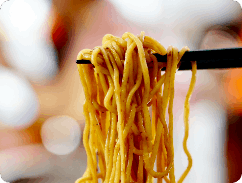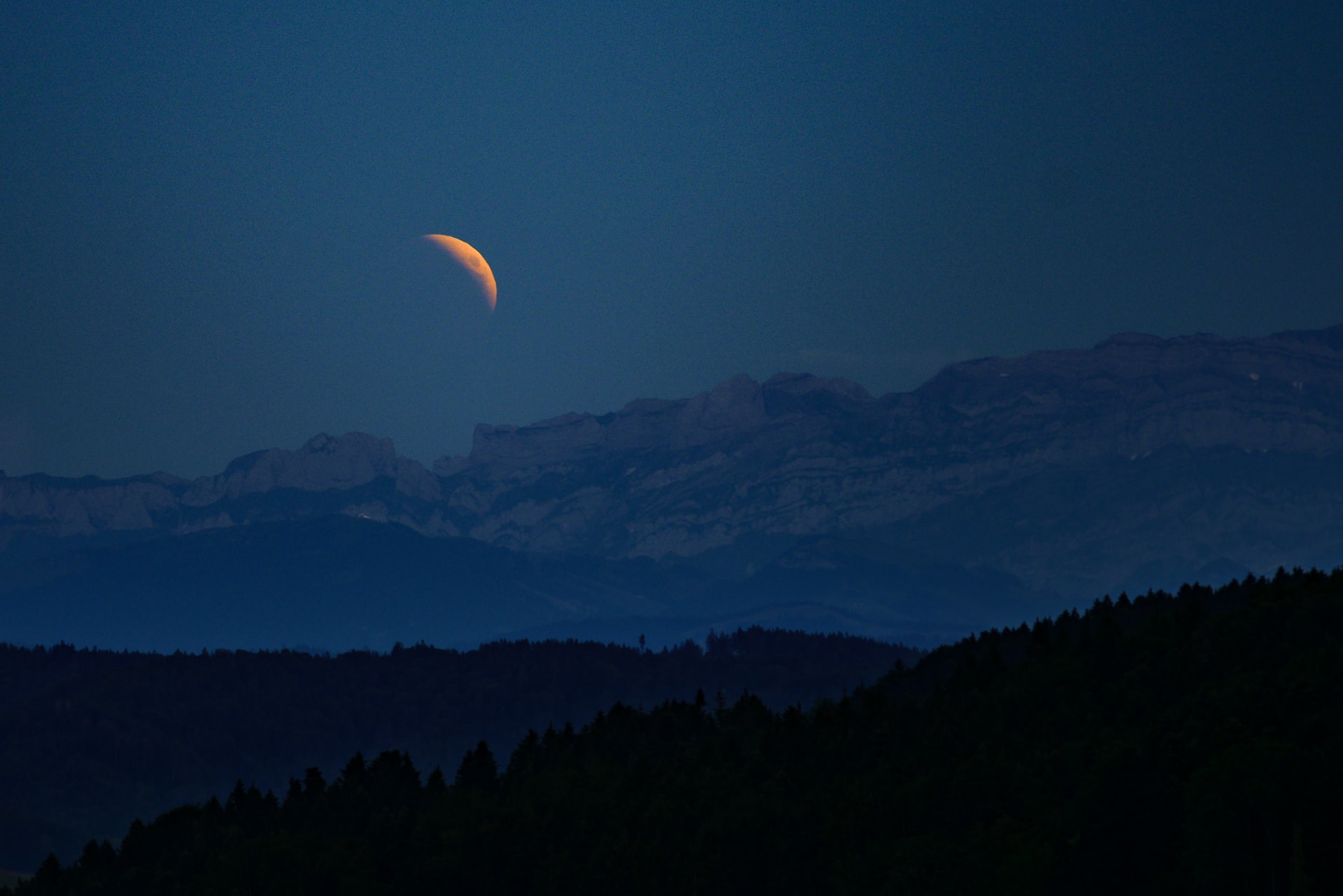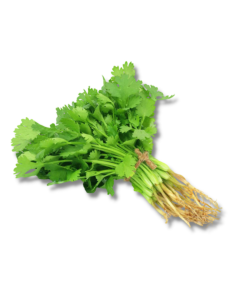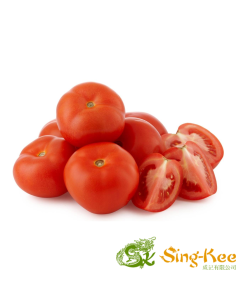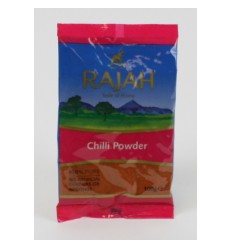-
Food
- Browse Food
-
- Browse Noodles
-
-
-
Heading title
-
-
-
Heading title
-
-
- Browse Rice
-
-
Heading title
-
-
- Browse Drinks
-
-
Heading title
-
-
- Browse Sweets & Snacks
-
-
Heading title
-
-
- Browse Herbs & Spices
-
-
Frozen Food
- Browse Frozen Food
-
- Browse Frozen Vegetables & Products
-
- Browse Frozen Fruits & Fruit Products
-
- Browse Frozen Fish and Seafood & Related Products
-
- Browse Frozen Meat and Poultry & Related Products
- Fresh Food
- New In
- Bakery
- Vegan
- Brands
- Recipes & Blog
- Special Offers
- Wholesale
- Express Delivery
- Cookware
- Wishlist
-
Food
- Browse Food
-
- Browse Noodles
-
-
-
Heading title
-
-
-
Heading title
-
-
- Browse Rice
-
-
Heading title
-
-
- Browse Drinks
-
-
Heading title
-
-
- Browse Sweets & Snacks
-
-
Heading title
-
-
- Browse Herbs & Spices
-
-
Frozen Food
- Browse Frozen Food
-
- Browse Frozen Vegetables & Products
-
- Browse Frozen Fruits & Fruit Products
-
- Browse Frozen Fish and Seafood & Related Products
-
- Browse Frozen Meat and Poultry & Related Products
- Fresh Food
- New In
- Bakery
- Vegan
- Brands
- Recipes & Blog
- Special Offers
- Wholesale
- Express Delivery
- Cookware
- Wishlist
Collect your order from your local store
Select Your Local Store

